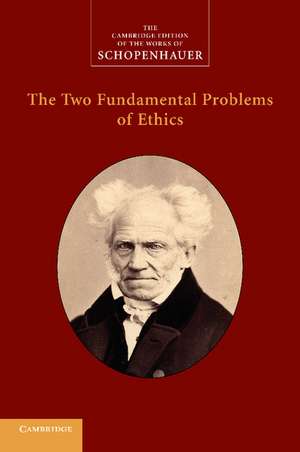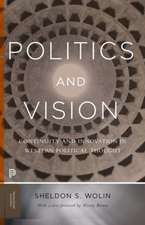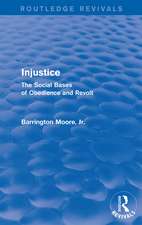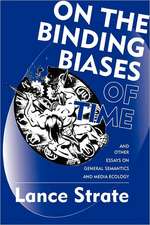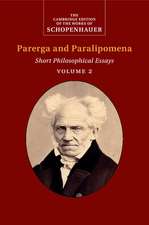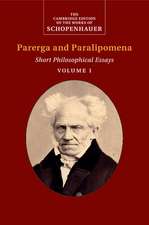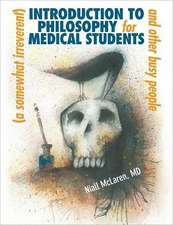The Two Fundamental Problems of Ethics: The Cambridge Edition of the Works of Schopenhauer
Autor Arthur Schopenhauer Christopher Janawayen Limba Engleză Paperback – 26 mar 2014
| Toate formatele și edițiile | Preț | Express |
|---|---|---|
| Paperback (2) | 58.75 lei 10-16 zile | +21.44 lei 10-14 zile |
| Oxford University Press – 13 mai 2010 | 58.75 lei 10-16 zile | +21.44 lei 10-14 zile |
| Cambridge University Press – 26 mar 2014 | 238.72 lei 6-8 săpt. | |
| Hardback (1) | 718.95 lei 6-8 săpt. | |
| Cambridge University Press – 10 iun 2009 | 718.95 lei 6-8 săpt. |
Preț: 238.72 lei
Nou
Puncte Express: 358
Preț estimativ în valută:
45.68€ • 47.82$ • 37.80£
45.68€ • 47.82$ • 37.80£
Carte tipărită la comandă
Livrare economică 05-19 aprilie
Preluare comenzi: 021 569.72.76
Specificații
ISBN-13: 9781107414747
ISBN-10: 1107414741
Pagini: 334
Dimensiuni: 152 x 226 x 20 mm
Greutate: 0.45 kg
Editura: Cambridge University Press
Colecția Cambridge University Press
Seria The Cambridge Edition of the Works of Schopenhauer
Locul publicării:New York, United States
ISBN-10: 1107414741
Pagini: 334
Dimensiuni: 152 x 226 x 20 mm
Greutate: 0.45 kg
Editura: Cambridge University Press
Colecția Cambridge University Press
Seria The Cambridge Edition of the Works of Schopenhauer
Locul publicării:New York, United States
Cuprins
General editor's preface; Introduction; Notes on the text and translation; Chronology; The Two Fundamental Problems of Ethics; Preface to the first edition; Preface to the second edition; Prize Essay On the Freedom of the Will; Prize Essay On the Basis of Morals; Variants in different editions; Glossary of names; Index.
Descriere
This translation is the first English edition to reunite Schopenhauer's two major essays on ethics in one volume.
Notă biografică
Arthur Schopenhauer was among the first 19th century philosophers to contend that at its core, the universe is not a rational place. Inspired by Plato and Kant, both of whom regarded the world as being more amenable to reason, Schopenhauer developed their philosophies into an instinct-recognizing and ultimately ascetic outlook, emphasizing that in the face of a world filled with endless strife, we ought to minimize our natural desires for the sake of achieving a more tranquil frame of mind and a disposition towards universal beneficence. Often considered to be a thoroughgoing pessimist, Schopenhauer in fact advocated ways - via artistic, moral and ascetic forms of awareness - to overcome a frustration-filled and fundamentally painful human condition. Since his death in 1860, his philosophy has had a special attraction for those who wonder about life's meaning, along with those engaged in music, literature, and the visual arts.
